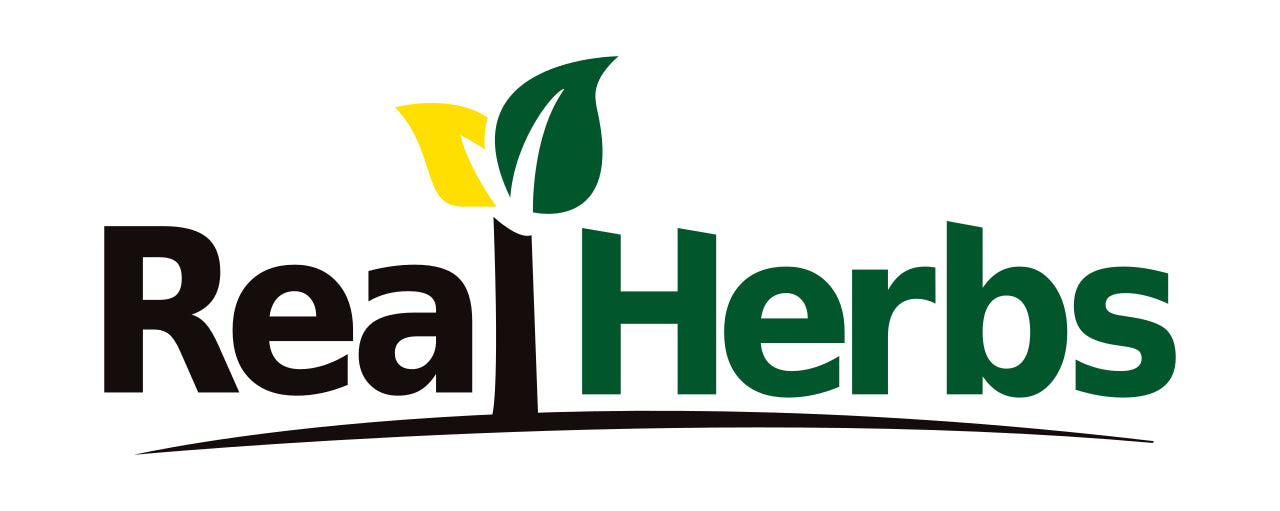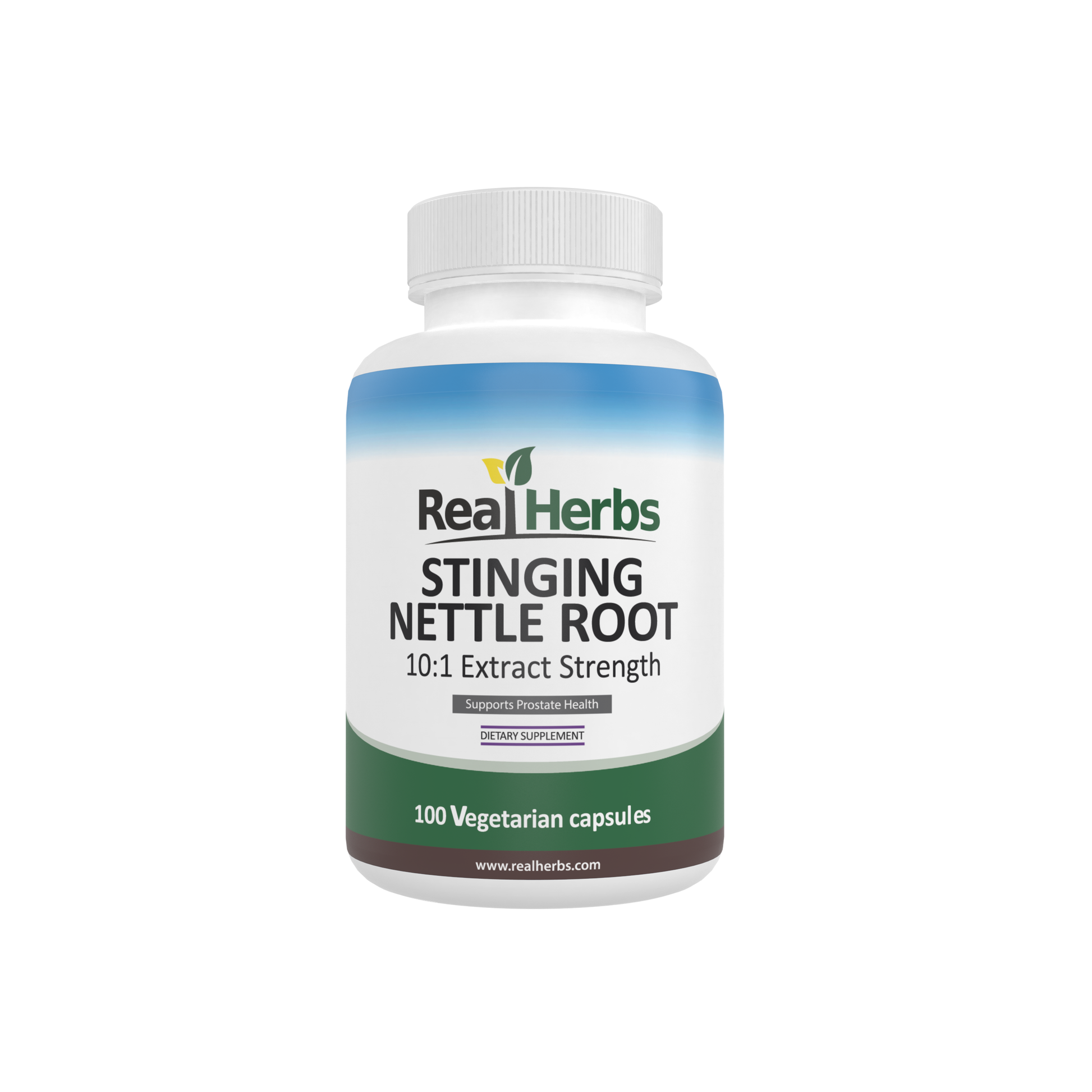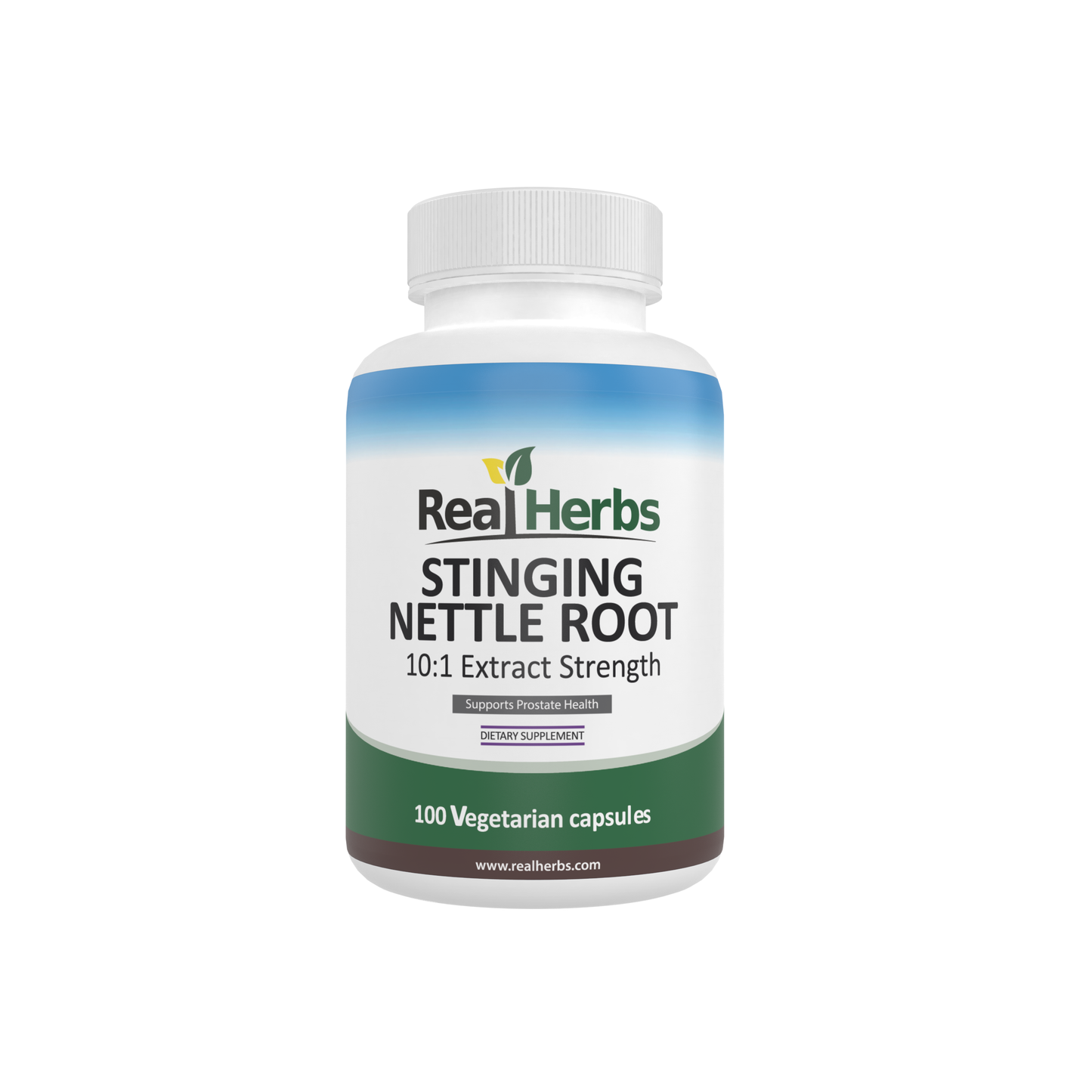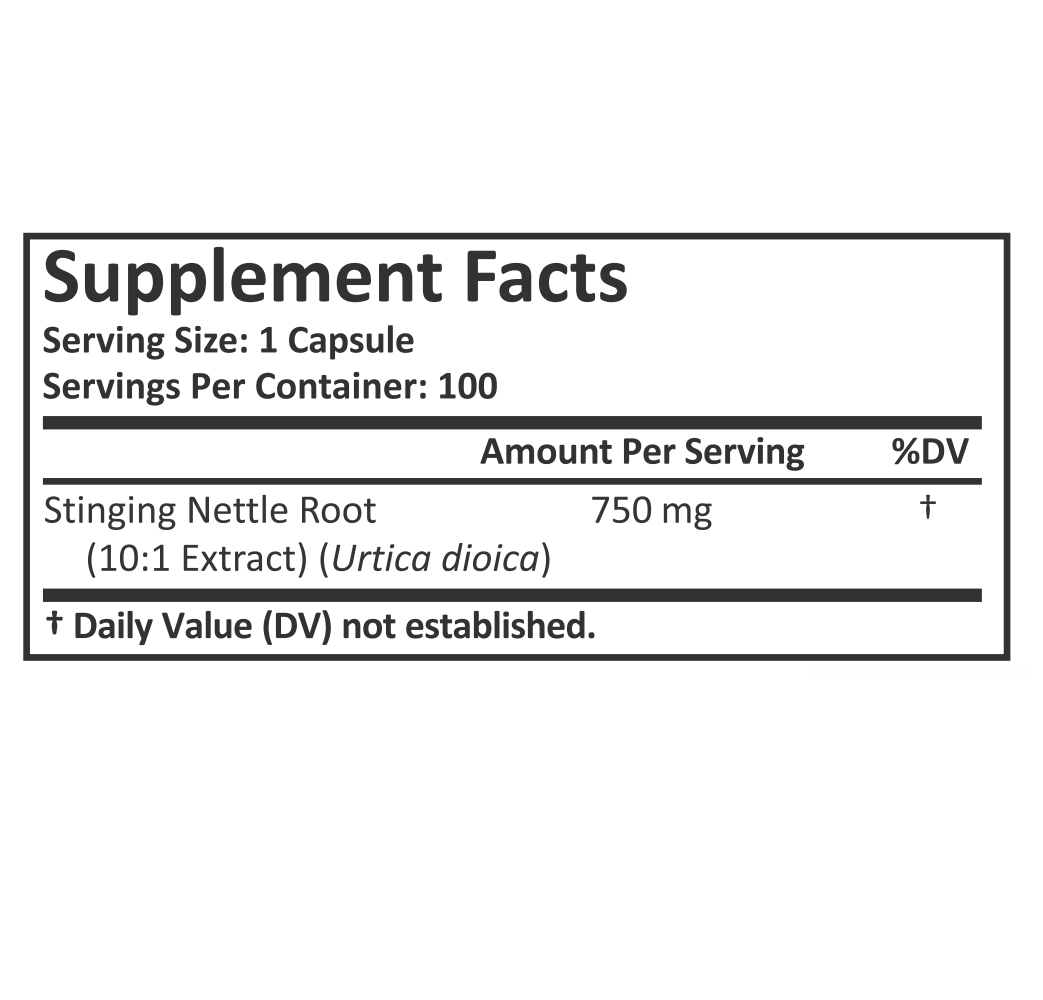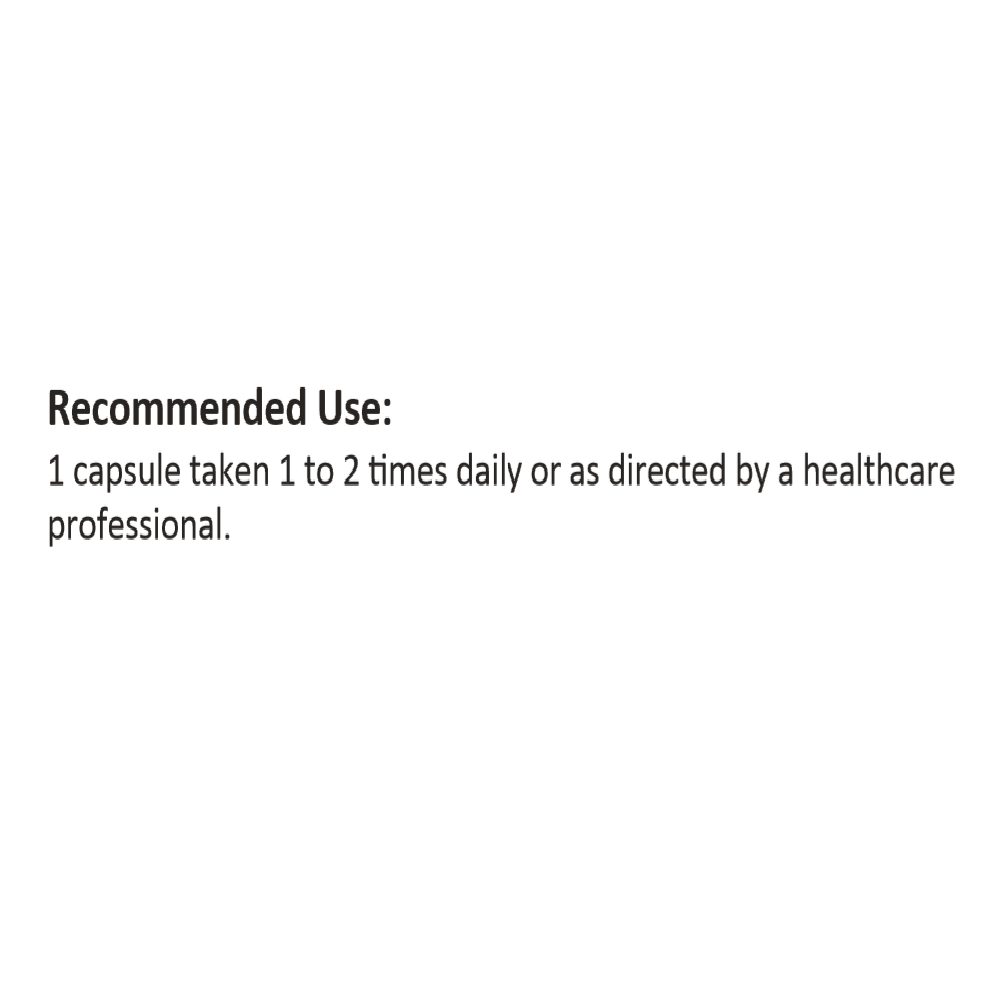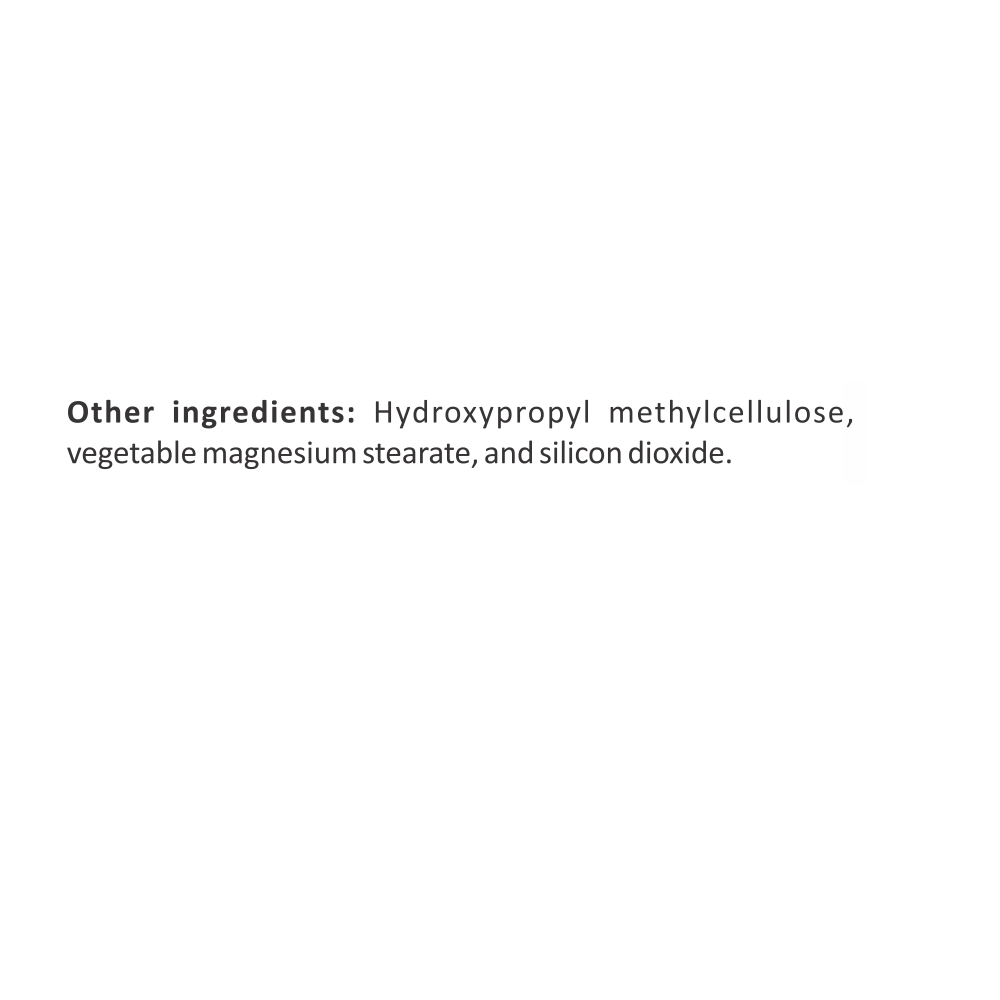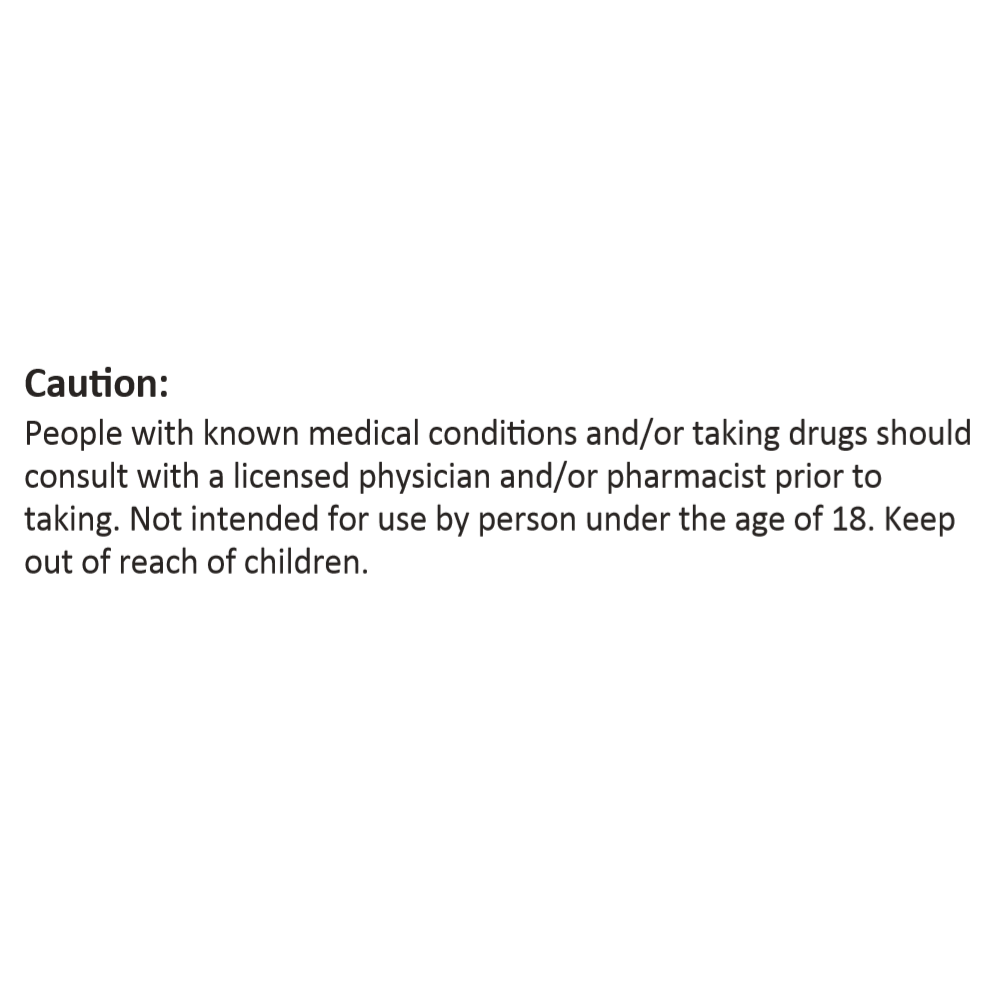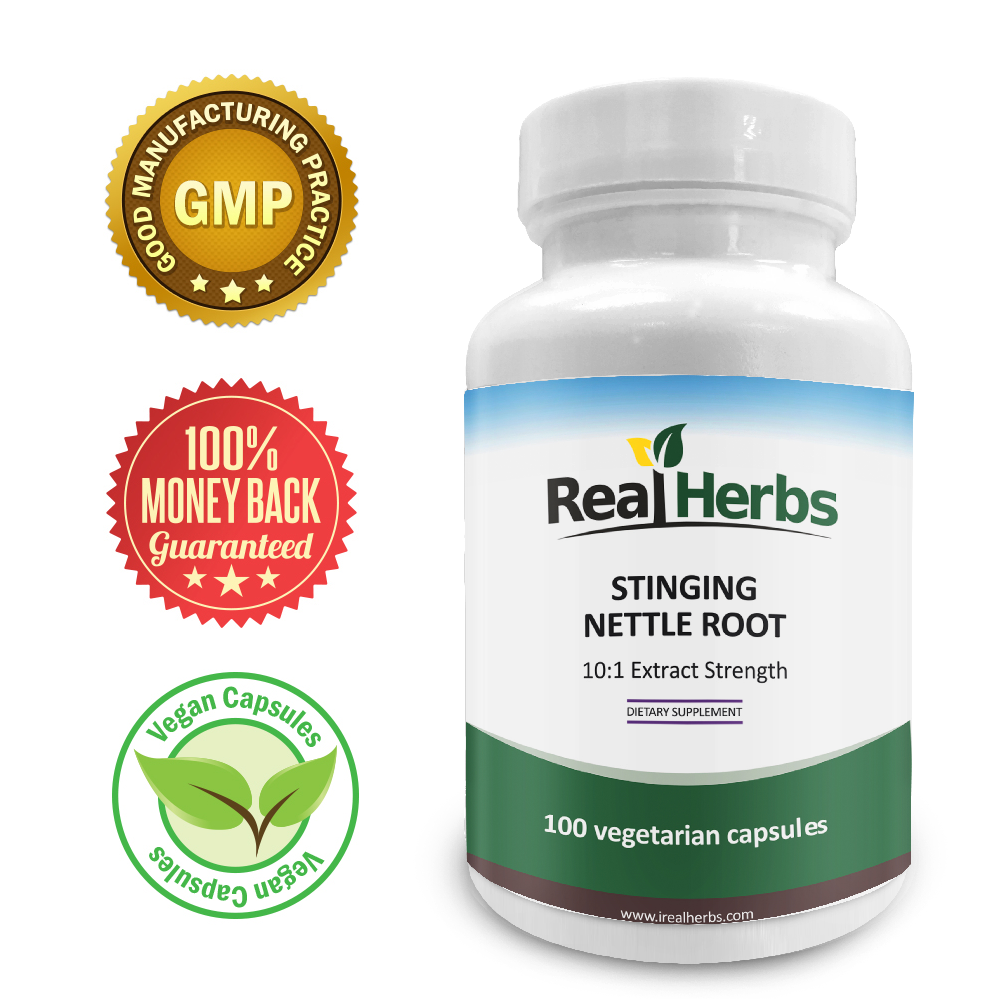Hypertension, also known as high blood pressure, is a common condition that affects millions of people worldwide. It happens when the blood's force against the artery walls is too strong, increasing the risk of serious health problems like heart attacks, strokes, and kidney disease. While high blood pressure can affect people of all ages, it is most common in adults and becomes more common with age.
High blood pressure symptoms can include dizziness, headaches, and difficulty breathing, but it is often referred to as a "silent" condition because it does not always cause obvious symptoms. As a result, many people may be unaware that they have high blood pressure, which is why regular check-ups with a healthcare provider are essential. High blood pressure, if left untreated, can lead to serious and potentially life-threatening health problems.
History.
The root of stinging nettle has a long history of use as a natural remedy for a variety of health conditions. It has traditionally been used to treat a variety of ailments such as allergies, arthritis, and urinary tract problems. It has recently gained attention for its potential to help lower blood pressure.
How it works
Although the exact mechanism by which stinging nettle root may help lower blood pressure is unknown, it is thought to work in several ways.
To start, stinging nettle root may help to relax smooth muscle in blood vessel walls, allowing them to dilate and lower blood pressure. This is due to the presence of phytosterols and silicic acid in stinging nettle root, which have been shown to have a vasodilating effect on blood vessels.
Stinging nettle root may also inhibit the production of blood vessel constricting hormones such as adrenaline and noradrenaline. These hormones can cause blood vessels to constrict, causing blood pressure to rise. Stinging nettle root may help to relax blood vessels and lower blood pressure by inhibiting their production.
Finally, stinging nettle root may aid in the removal of excess sodium from the body, which can contribute to hypertension. Sodium is an electrolyte that aids in the regulation of fluid balance in the body. When there is an excess of sodium in the body, the blood vessels constrict and blood pressure rises. Stinging nettle root may aid in the removal of excess sodium through the urine, thereby lowering blood pressure.
While stinging nettle root may have blood pressure-lowering properties, more research is needed to fully understand how it works and how effective it may be.
Studies and Results
Several studies have been conducted to investigate the effects of stinging nettle root on blood pressure.
According to one small study published in the Journal of the American Medical Association, taking stinging nettle root extract for eight weeks reduced systolic blood pressure (the top number in a blood pressure reading) by an average of 5.5 mmHg in people with high blood pressure. In the study, 50 people with mild to moderate hypertension were randomly assigned to either stinging nettle root extract or a placebo. Those who took the stinging nettle root extract had a significant reduction in systolic blood pressure compared to those who took the placebo at the end of the study.
Another study published in the journal Phytotherapy Study found that taking stinging nettle root extract for six weeks reduced both systolic and diastolic blood pressure (the bottom number in a blood pressure reading) in people with high blood pressure. In the study, 60 people with mild to moderate hypertension were randomly assigned to either stinging nettle root extract or a placebo. Those who took the stinging nettle root extract had a significant reduction in both systolic and diastolic blood pressure compared to those who took the placebo at the end of the study.
While these studies suggest that stinging nettle root may have blood pressure-lowering effects, it is important to note that the studies were small, and more research is needed to confirm these findings and determine the long-term safety and effectiveness of stinging nettle root for lowering blood pressure.
Recommended Dosage
The recommended dosage of stinging nettle root for reducing blood pressure is unknown. Stinging nettle root extract doses of 300-600 mg per day were used in the studies mentioned above. Before taking stinging nettle root or any other supplement, consult with a healthcare provider because different people may react differently to different doses.
Conclusion
While more studies is needed to fully understand the effects of stinging nettle root on blood pressure, the available evidence suggests that it may be a promising natural approach to lowering high blood pressure. It is important to remember, however, that stinging nettle root should not be used in place of proven blood pressure medications. If you are considering taking stinging nettle root for high blood pressure, consult with your doctor first to ensure that it is safe and appropriate for you.
References
- "High Blood Pressure (Hypertension)." Mayo Clinic, Mayo Foundation for Medical Education and Research, 20 Mar. 2018, www.mayoclinic.org/diseases-conditions/high-blood-pressure/symptoms-causes/syc-20373410.
- "Stinging Nettle." National Center for Complementary and Integrative Health, U.S. Department of Health and Human Services, 8 Aug. 2018, www.nccih.nih.gov/health/stinging-nettle.
- Leake CD, et al. "Treatment of hypertension with a fixed combination of hydrochlorothiazide and triamterene." Journal of the American Medical Association, vol. 263, no. 15, 1990, pp. 2093-2097.
- Schöttner M, et al. "The effect of a stinging nettle root extract (B
